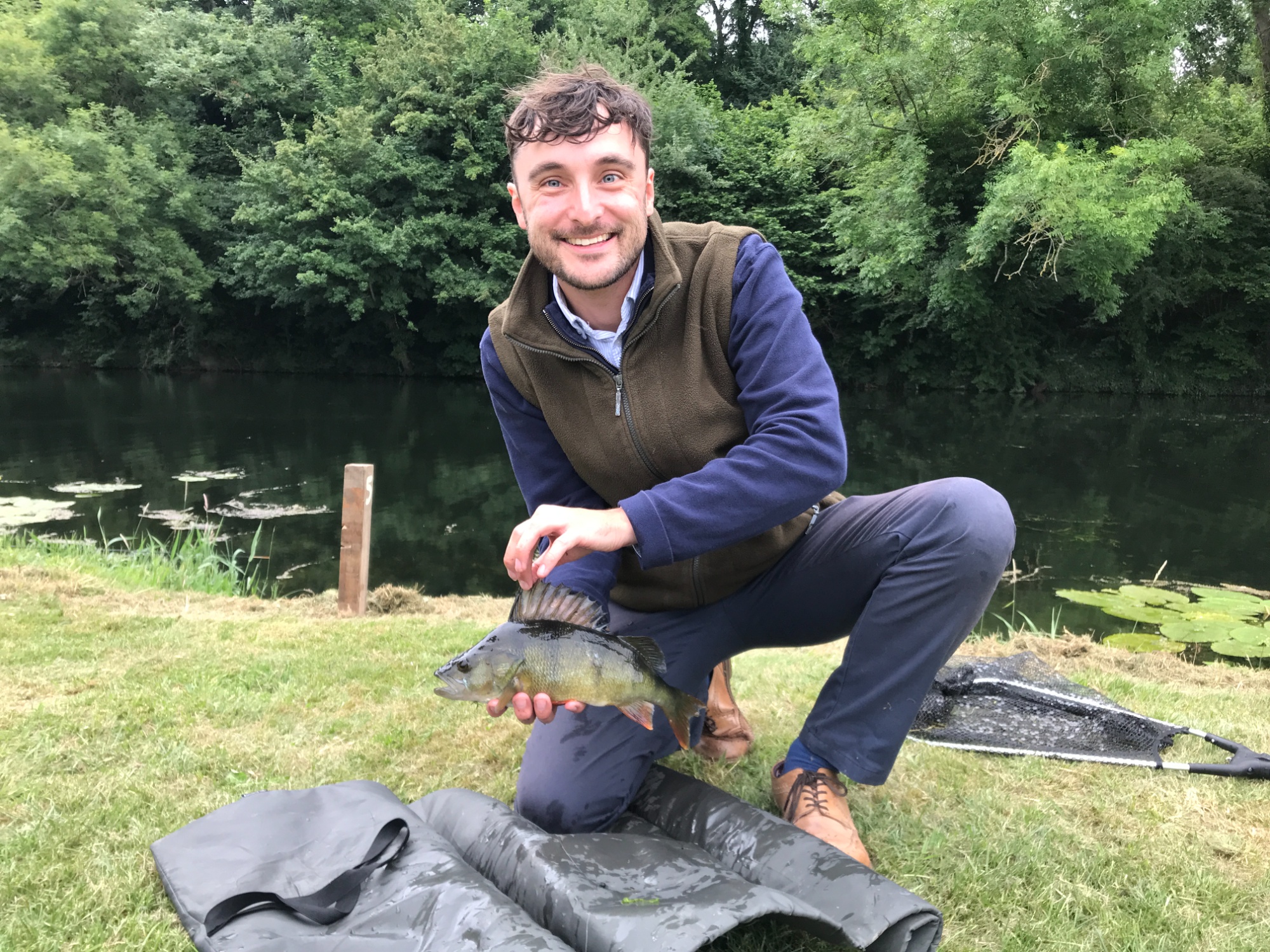Reflecting on a visit from Schools Consent Project
In our latest blog post, Teacher of English Mark Belassie-McCourt, discusses what happened when Schools Consen...
Read MoreIn our latest blog post, we shine a spotlight on the success of our fishing club, the benefits of fishing to mental health, and how we, at Bryanston, encourage our pupils to get out into the natural world...

We want to create an environment where any pupil that wants to take up the hobby can. Presently, every pupil in C gets the opportunity to fish as part of the adventure training programme. The fishing club meets during ECA time on a Tuesday, and C-A2 pit themselves against the ‘immense’ pike that lurk in the deep. We have been very fortunate and are very thankful to Mr Curry and the BPA for the funding that has allowed us to give the opportunity to fish to any pupil that wants to take part. In not too long, our ECA numbers have grown from just three boys to fully booked. We also have a large number of pupils who fish in their own time. In the summer term, we had our first internal competition which was won by some of our boys in D and we hope we can start to take on some of our near neighbours soon – look out, Canford!
Fishing is becoming more popular nationally and there was a surge in interest post-lockdown as people craved the outdoors after months of confinement. It isn’t surprising. There are enormous physical and mental health benefits of spending time in nature. Admittedly, fishing isn’t a strenuous activity, but an hour or two by the bank can soon see the step count tick up. The benefits to mental health especially are well known. In some NHS trusts, it has even been trialled as a prescription for patients struggling with depression or anxiety. Angling gives all our pupils the opportunity for quiet mindfulness, to reflect on the day, and to take some time to themselves. Life at Bryanston is busy and intense; fishing for an hour a week gives pupils the time to just briefly pause and recharge, before heading back to Houses for an evening of prep. There is then a real and tangible benefit to the pupils that take part in fishing.

There is also a benefit to society, too. For days, then weeks, and what eventually felt like months this summer our quiet corner of England became increasingly parched as drought gripped the Vale that the Stour runs through. Drought, according to scientists, is to become more likely as the impact of climate change is felt. It is in the context of climate change that our varied curriculum is so important. It is vital that in the classrooms, in all subjects, our pupils learn about and engage with the challenges presented by climate change. In my subject, Politics, it forms a large part of the study of Global politics.
But, perhaps, it is most important that they see and feel the challenge, and are compelled to want to act precisely because of what they see, and they feel. Anglers are conservationists. They want to see their rivers and waterways thrive and teem with life. Drought is the enemy of the angler. But what does a drought mean to someone who doesn’t interact with their natural environment? How can we expect our young people to be proactive in seeking solutions to climate change, and the protection of our countryside, if they are removed from it? Our increasingly virtual world removes our pupils from our natural world at exactly the point that we need them in it. Fishing teaches patience, sure, but it also teaches the angler to have empathy with the environment, to care for the fish that they (might) catch, and to understand what the environment around them is telling them. However silly or tenuous this may seem, fishing picks our young people up and puts them straight back into the real world - and to solve humanity’s many problems, they very much need to be in it.
The video below is footage of one of our C pupils, Rufous C, releasing a pike back into the water.
We are looking forward to even more pupils taking up fishing and getting themselves out on the bank of our beautiful river. Maybe they’ll even catch a pike.